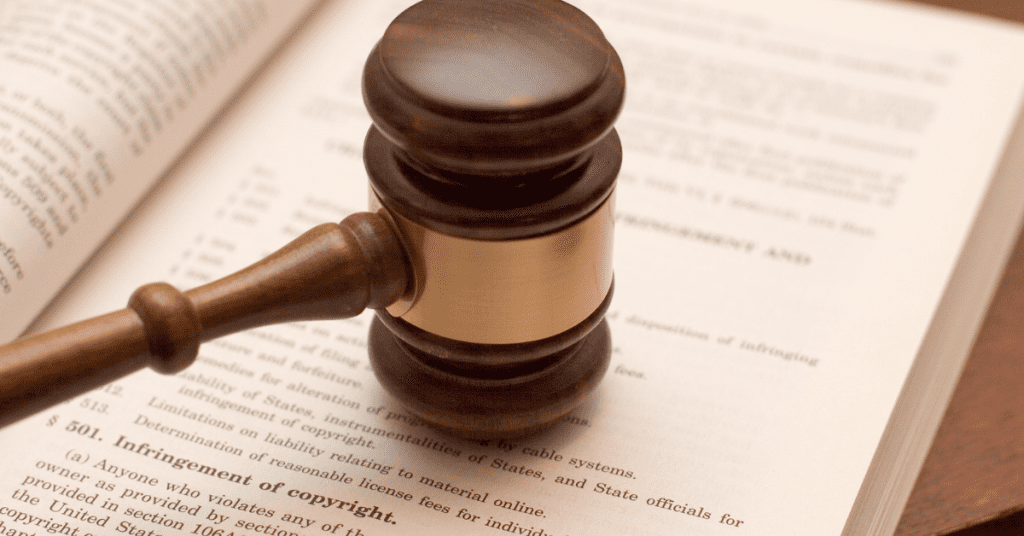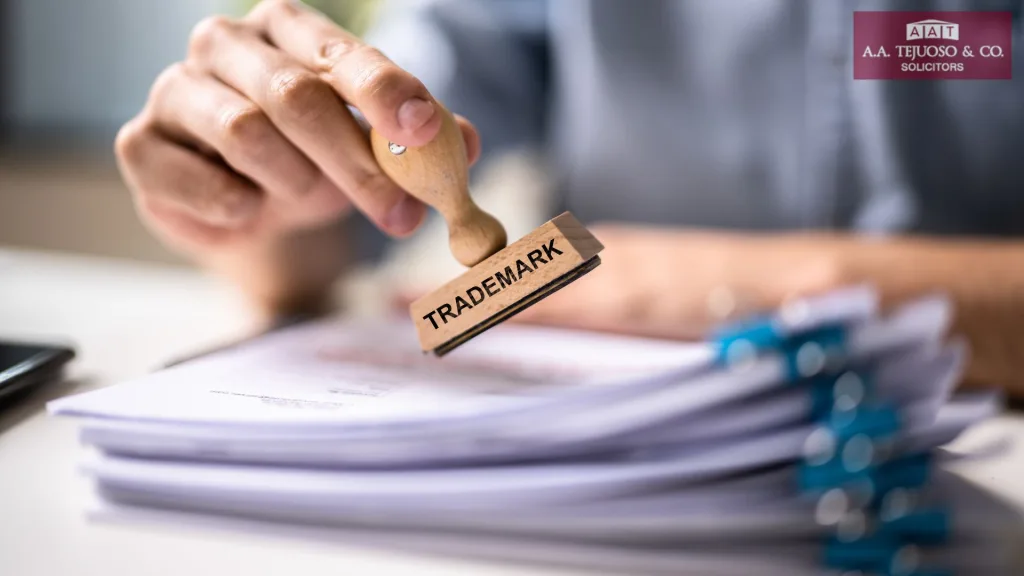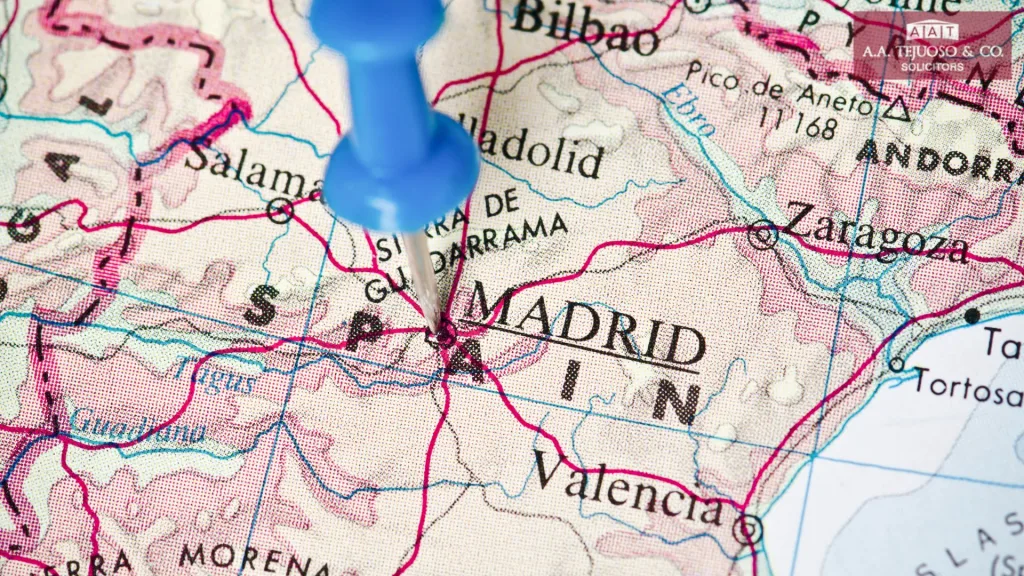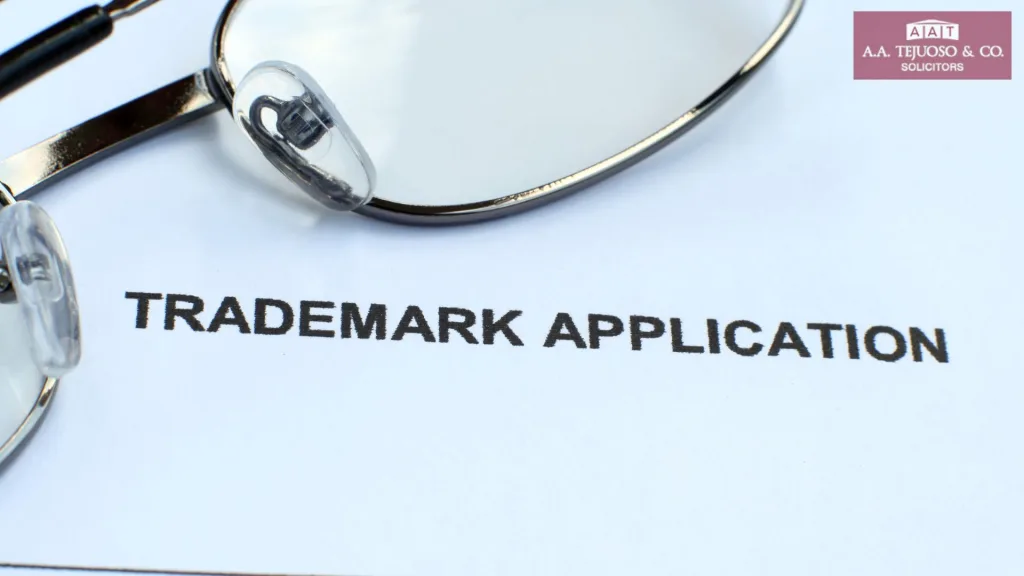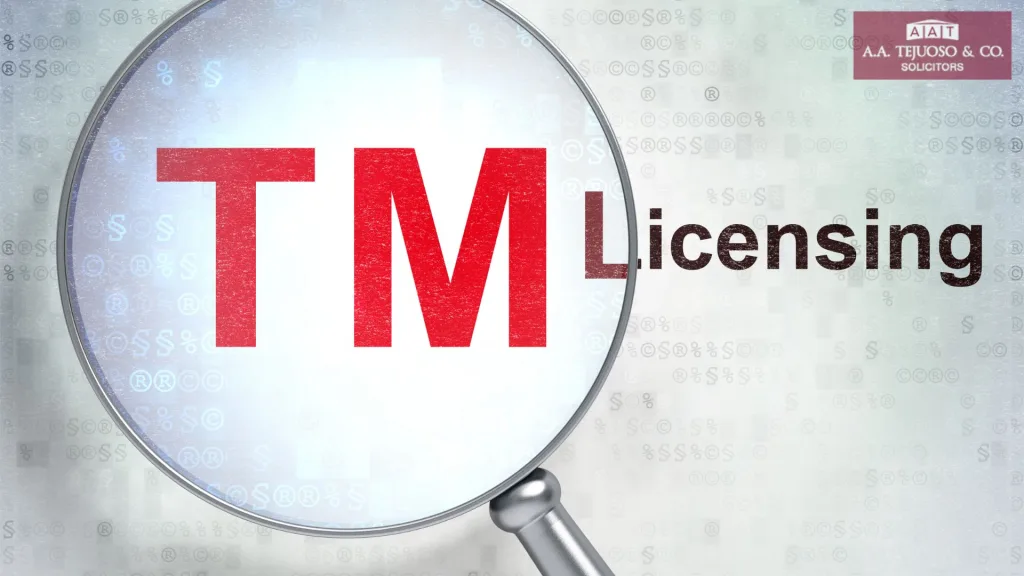5 Interesting Facts About Trademark Registration In Nigeria
5 INTERESTING FACTS ABOUT TRADEMARK REGISTRATION IN NIGERIA RECENT POST Frequently Asked Questions About Patents in Nigeria December 11, 2023 Five Things You Need to Know About Trademarks November 5, 2020 Procedure For Trade Mark Registration in Nigeria November 5, 2020 REGISTER A TRADEMARK ADDRESS 33 Cavendish Square London W1G 0PW BOOK AN APPOINTMENT Please contact us by phone or via the online form to set an appointment. thank you! +234 1264 3024 In this article we are going to tell you 5 interesting facts about trademark registration in Nigeria: Discover key insights into Nigeria’s trademark registration process! From legal protections to unique requirements, these facts highlight what makes securing a trademark in Nigeria essential for businesses looking to safeguard their brand. 1.) Trademark searches must be conducted by the Nigerian Trademark Office In many countries it is possible to go online and check the availability of a trademark before filing it. In Nigeria, unfortunately, there is not an online comprehensive database where we can check previously registered or filed trademarks. If you want to conduct an availability search, you have to request a trademark search, which will be conducted by the Nigerian Trademark Office. Learn more about our trademark registration 2.) Multiclass applications are not available Nigeria adopts the international classification of goods and services – Nice Classification. However, multiclass applications are not available. If you are interested in registering a trademark is multiple classes you need to file multiple applications. 3.) There is no specific deadline for the payment of the final fees to get the registration certificate Once a trademark application is published there is a two-months opposition period. If there is no opposition, then an application shall be made for the sealing of the certificate registration. However, there is no specific deadline for such request! This is very different from other places where there are firm deadlines to pay final fees to get the registration certificate. 4.) Certificates are printed and sealed Although there is a tendency worldwide for registration certificates to be electronic, in Nigeria the certificates are still printed and sealed by the Nigerian Trademark Office. 5.) Validity term The validity term of a trademark registration is counted from the application date and the first period is of 7 years, while the successive periods are of 14 years. For example, a trademark application dated 01/01/2023 will be valid until 01/01/2030 and then will be renewed for a subsequent period of 14 years, until 01/01/2044. It is very different from other countries where the validity term of a trademark is always the same. If you have any questions about trademark registration in Nigeria, please contact us. Our team is available to help you with all your questions. Register a Trademark Schedule An Appointment Request Quote RECENT POST Frequently Asked Questions About Patents in Nigeria December 11, 2023 Five Things You Need to Know About Trademarks November 5, 2020 Procedure For Trade Mark Registration in Nigeria November 5, 2020 REGISTER A TRADEMARK ADDRESS 33 Cavendish Square London W1G 0PW BOOK AN APPOINTMENT Please contact us by phone or via the online form to set an appointment. thank you! +234 1264 3024
5 Interesting Facts About Trademark Registration In Nigeria Read More »



